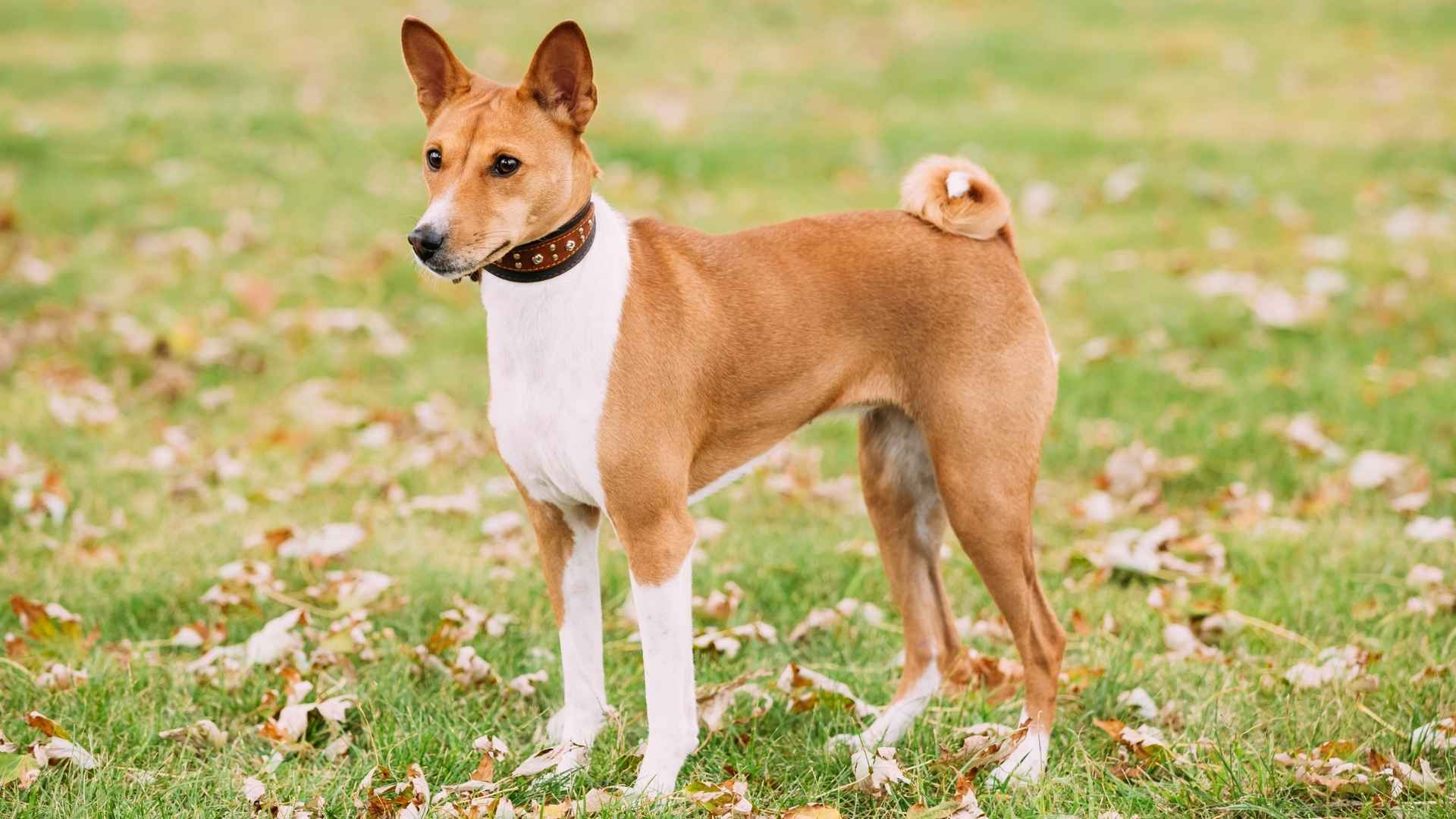Obesity in dogs has become a common issue, far more than many pet owners realize. According to the Association for Pet Obesity Prevention, more than half the dog population in the U.S. is overweight or worse. Not just a bit chubby, clinically overweight, or obese.
The American Kennel Club (AKC) explains it pretty clearly: when a dog is carrying 15% more than its ideal weight, it’s overweight; hit the 30% mark, and you’re looking at full-blown obesity. Shocking, but it happens more often than it should.
What leads to it? A lot of times, it’s simple math: too much food, not enough movement. But that’s not the whole story; age, sex, and whether a dog is spayed can all tilt the scale too.
But not every dog is built the same. Some breeds just aren’t wired for excess fat. In fact, they’re natural athletes, burning off energy fast and keeping lean frames with ease. This article dives into 7 of the dog breeds least likely to get obese, and why their lifestyle makes them ideal for health-conscious pet parents.
Dog Breeds Least Likely To Get Obese
From compact companions to high-drive working dogs, these breeds share one thing in common: natural leanness, active temperaments, and bodies built to maintain a healthy weight with proper care.
1. Australian Cattle Dog
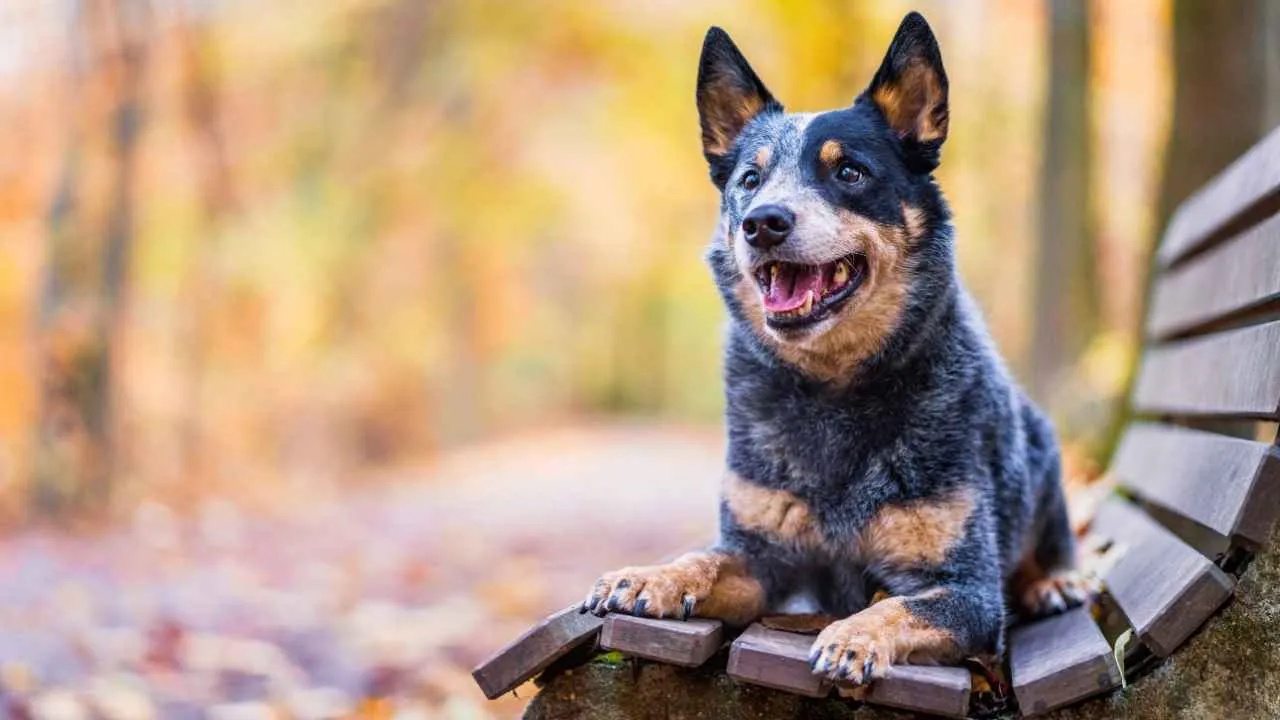
Don’t let the sturdy build fool you. Australian Cattle Dogs don’t sit still for long, and honestly, they don’t want to.
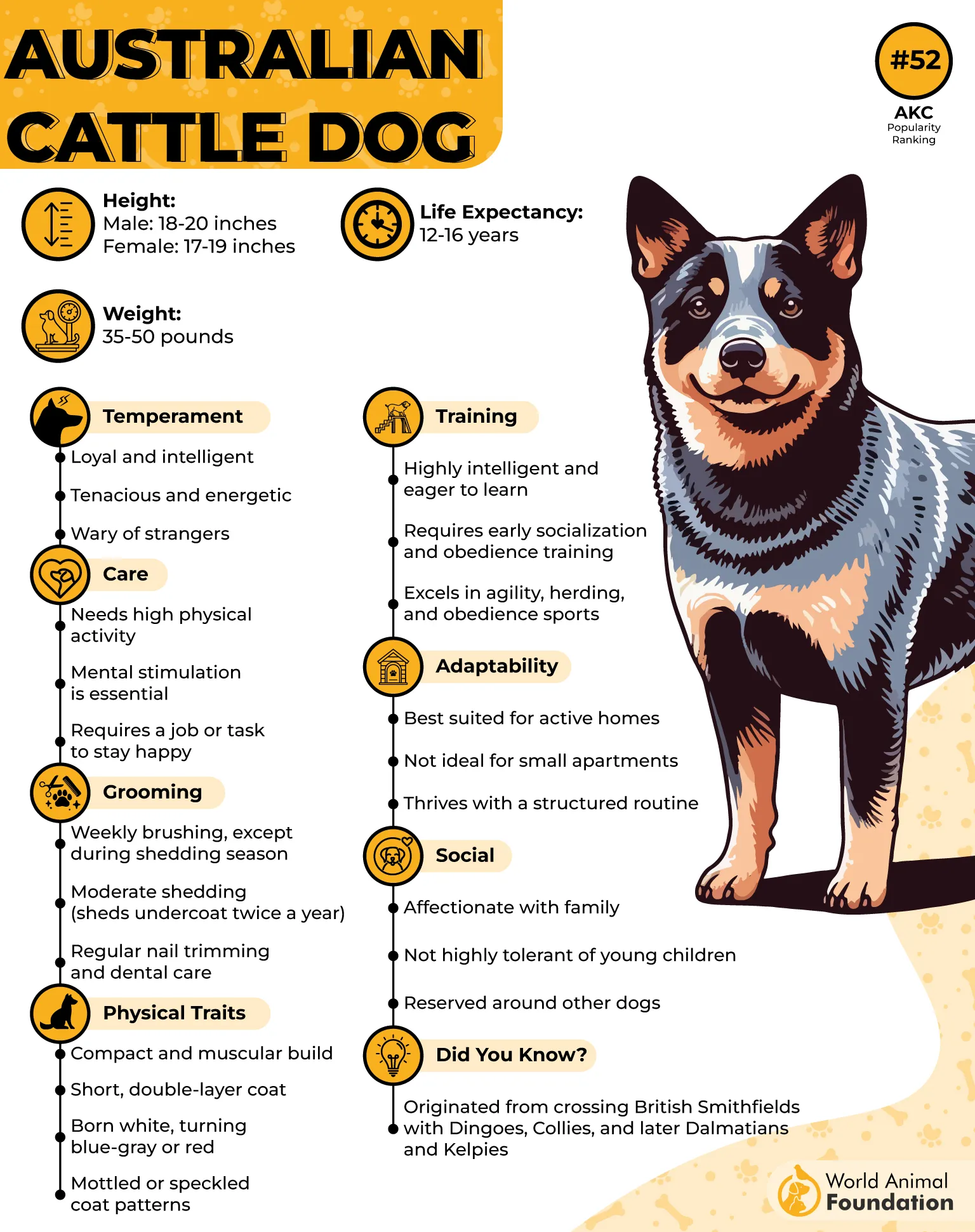
Activity Level & Weight Tendency
This breed’s background? Herding livestock across tough terrain for hours, sometimes days. Energy? They’ve got more than most. It’s rare to see one carrying extra pounds; they simply move too much. Sit around all day? Not this dog.
If they’re not active, they’ll invent chaos. They’re hardwired to run, chase, think, and repeat. That lifestyle naturally helps them keep a healthy weight. Overeating? Happens less when a dog’s burning calories nonstop.
Health Profile & Maintenance Needs
PetMD mentions an Australian Cattle Dog named Bluey, who lived 29 years. No joke. That kind of longevity speaks volumes. They’re built tough but not invincible. Hip dysplasia, retinal issues, things to watch for.
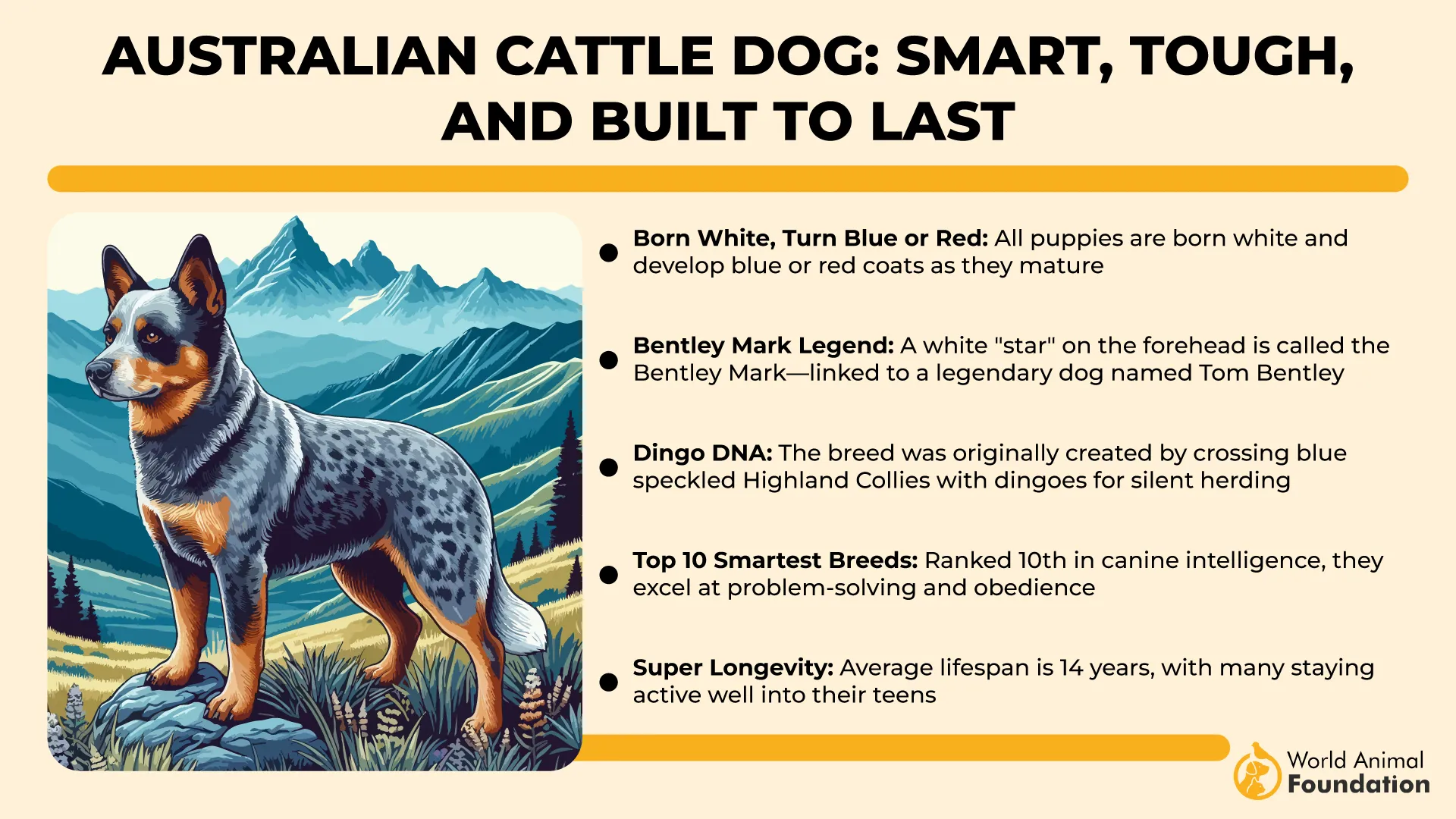
With structure, exercise, and decent food, though, they usually dodge obesity with ease. Mentally sharp and physically solid, these dogs fit best with owners who won’t slow them down.
2. Basenji
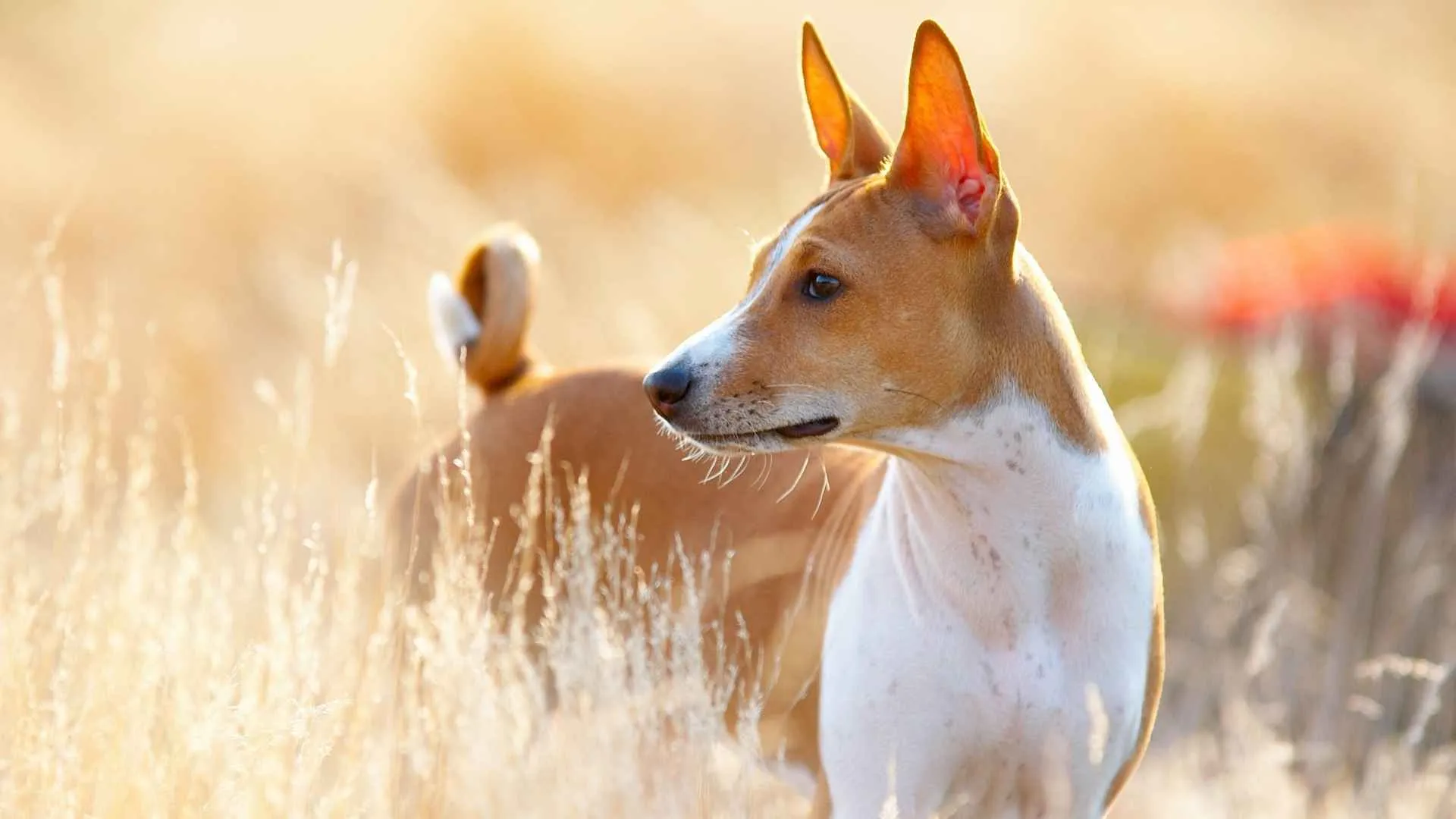
Basenjis don’t bark like dogs, but that doesn’t mean they’re quiet in their presence. The Basenji carries a sleek, athletic body and a personality that absolutely demands attention.
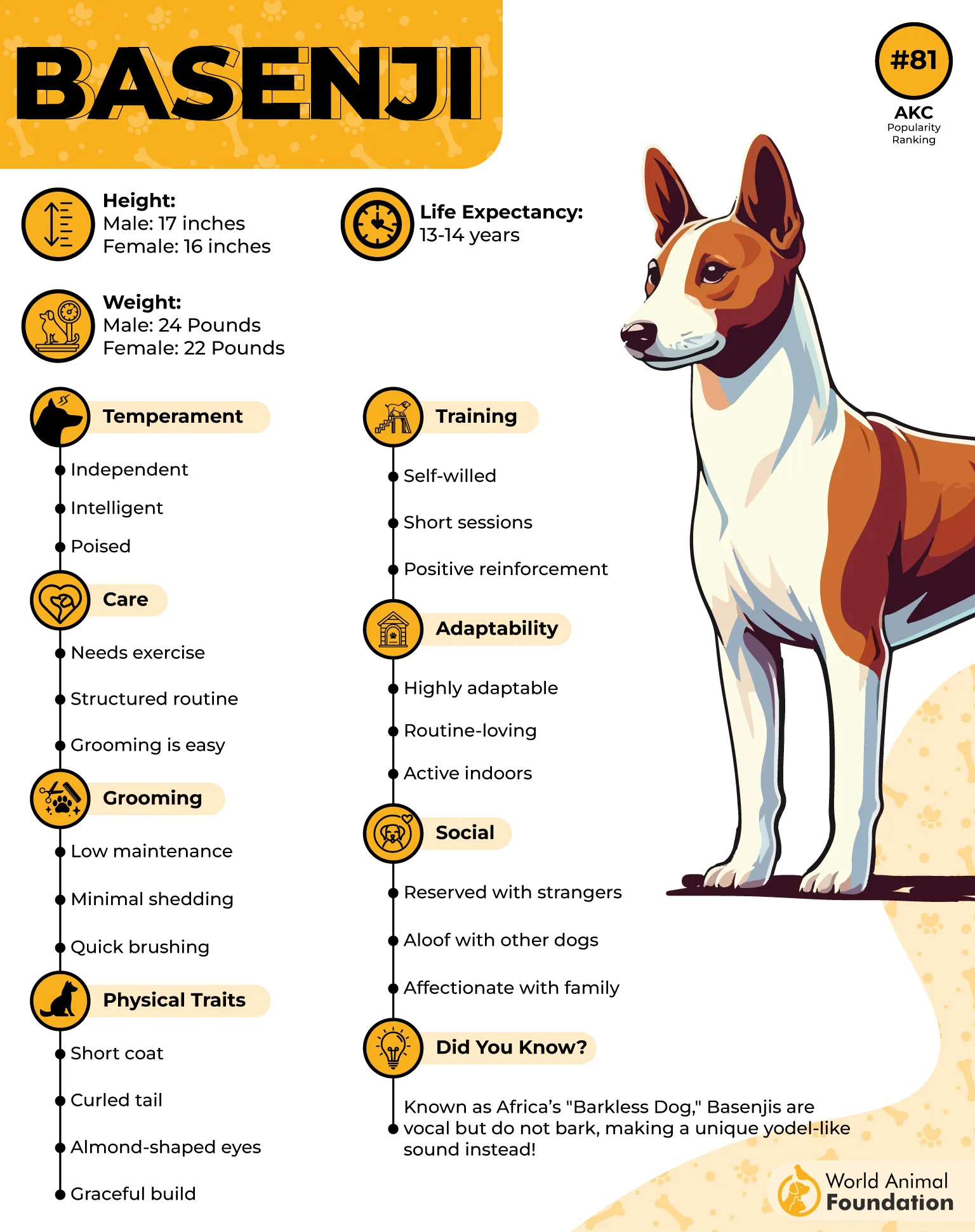
Movement in Their DNA
Born to hunt in thick African bush, these dogs were never meant to sit still. Sprinting, weaving, dodging, they’re built for it. Independence runs deep in them, too, and they’ve got the stamina to prove it.
Their bodies stay naturally lean, and unless you seriously overfeed, weight gain isn’t a frequent visitor. Toss in a puzzle toy; let them run a bit, they’re golden.

Smart, Sleek, and Easy to Keep Fit
You’d think being this low to the ground means chill vibes, but no, Basenjis are always on alert. They’re generally healthy dogs, though eye issues and joint quirks can happen. Nothing extreme.
Feed them balanced meals, give them daily space to move, and keep that clever brain working. That’s the formula. They do best with pet parents who stay one step ahead.
3. Belgian Malinois
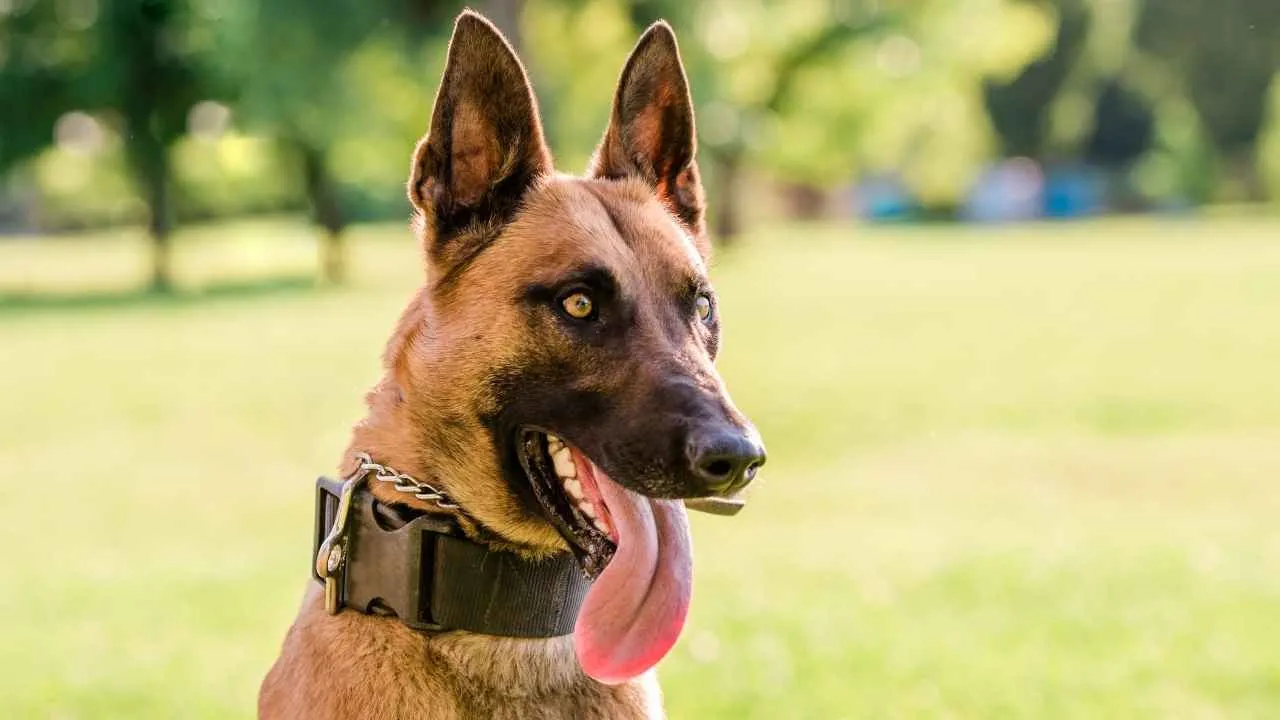
This isn’t your average active dog; the Belgian Malinois is purpose-driven, relentless, and thrives on challenge. It doesn’t just move; it works, and works, and keeps going.
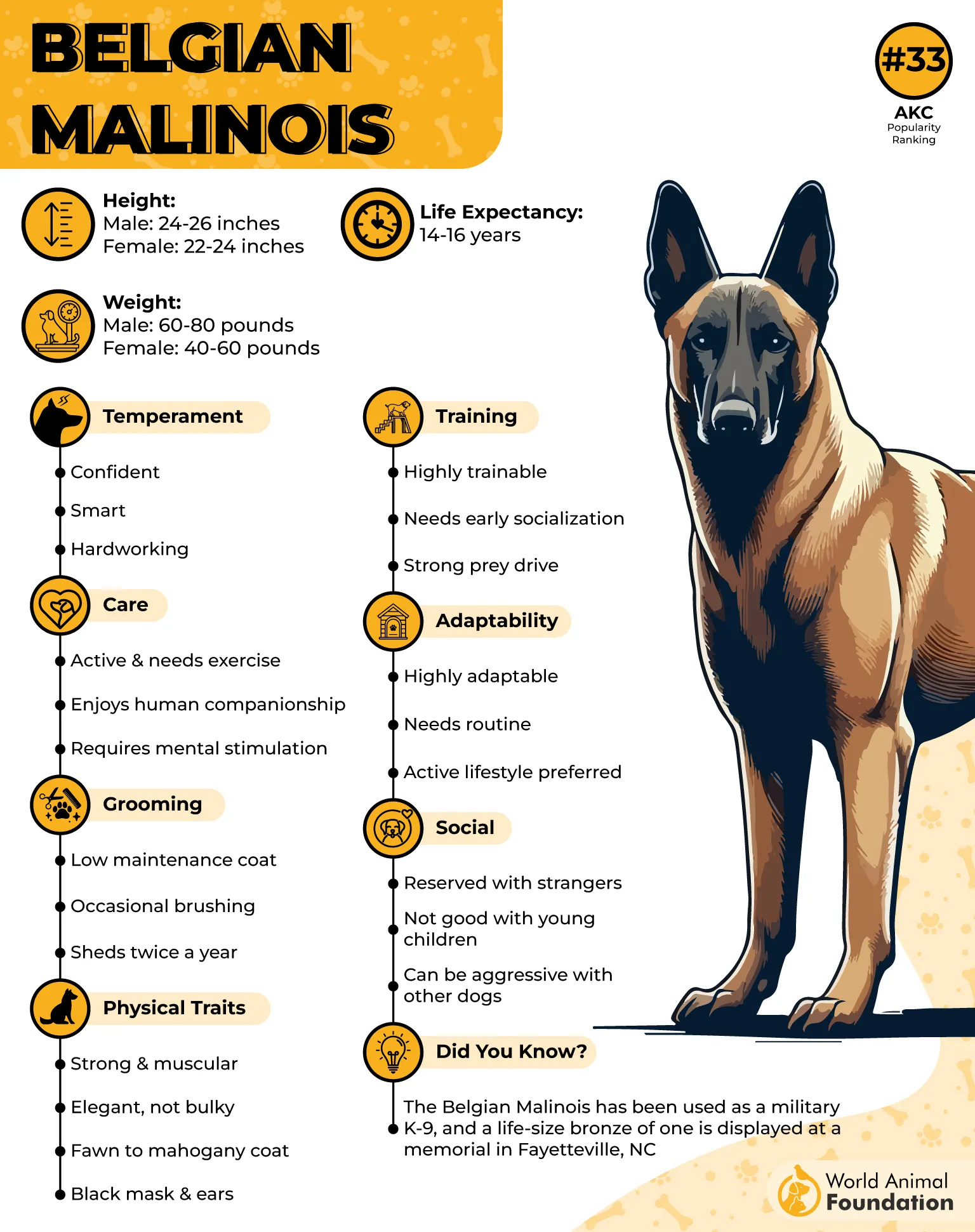
A Breed That Burns Through Energy
These herding dogs are intense. They’re among the most athletic dogs on the planet and serve in military and police units for a reason. If you’re not giving them two hours of activity a day, you’re probably underworking them. With that kind of physical output, gaining weight is barely on the radar.
Health and Performance
Malinois are typically very healthy. Though large, they don’t fall into the “big and bulky” category. Obesity is rare unless activity levels drop sharply. Like many larger dogs, they can be prone to elbow dysplasia and hip problems, but when given proper training, diet, and space to run, they maintain a strong, lean frame from a young age into older years.
4. Bichon Frise
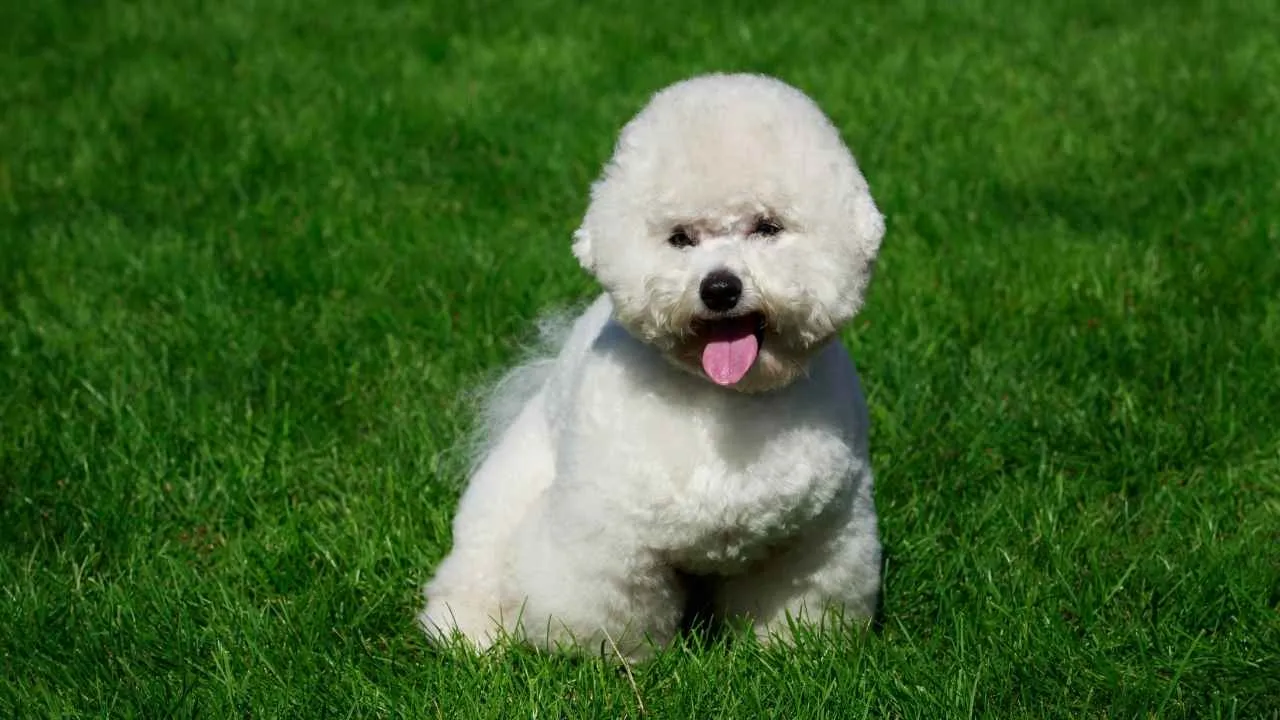
Wrapped in soft, cloud-like curls, the Bichon Frise might look like a toy, but don’t underestimate them. Underneath that plush coat is a playful, high-spirited little athlete ready to bounce.
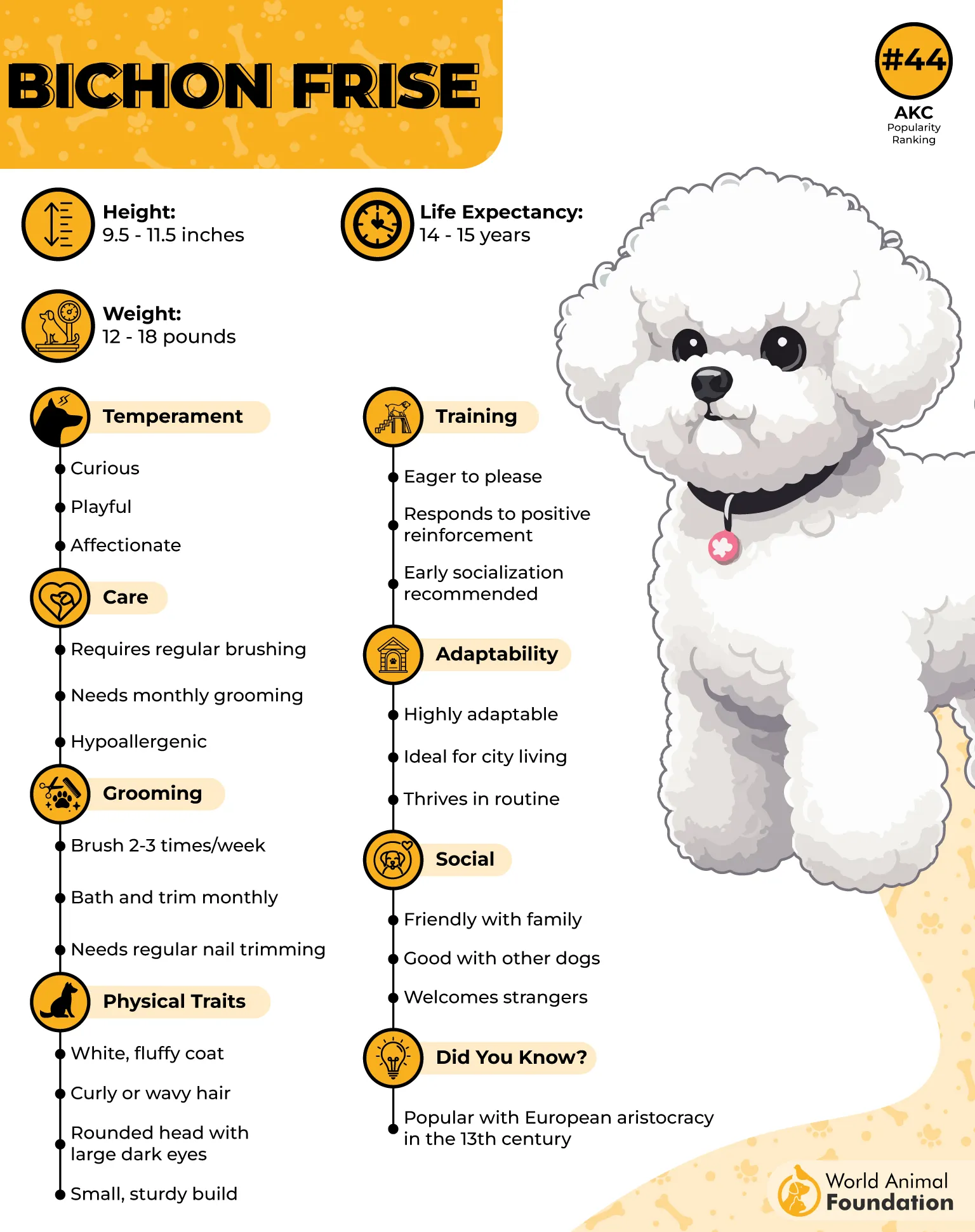
History Meets Energy
Their roots go way back. WebMD notes that these pups traveled with Mediterranean sailors before developing further on Tenerife. That might explain why they’re so outgoing. Bichons thrive on attention.
A few games, short walks, or following you from room to room, that’s enough to keep them buzzing. They’re small, yes, but their energy never quite matches their size. Unless heavily spoiled, they rarely gain excess weight.
Manageable and Naturally Fit
Skin flare-ups and the occasional ear issue may come around, but weight problems? Not usually. Their healthy weight range is easy to maintain with structure.
Light meals, steady movement, lots of love, that’s their jam. Regular grooming helps too, both for health and hygiene. Honestly, they’re a great pick for pet parents looking for happy, trim little companions.
5. Border Collie
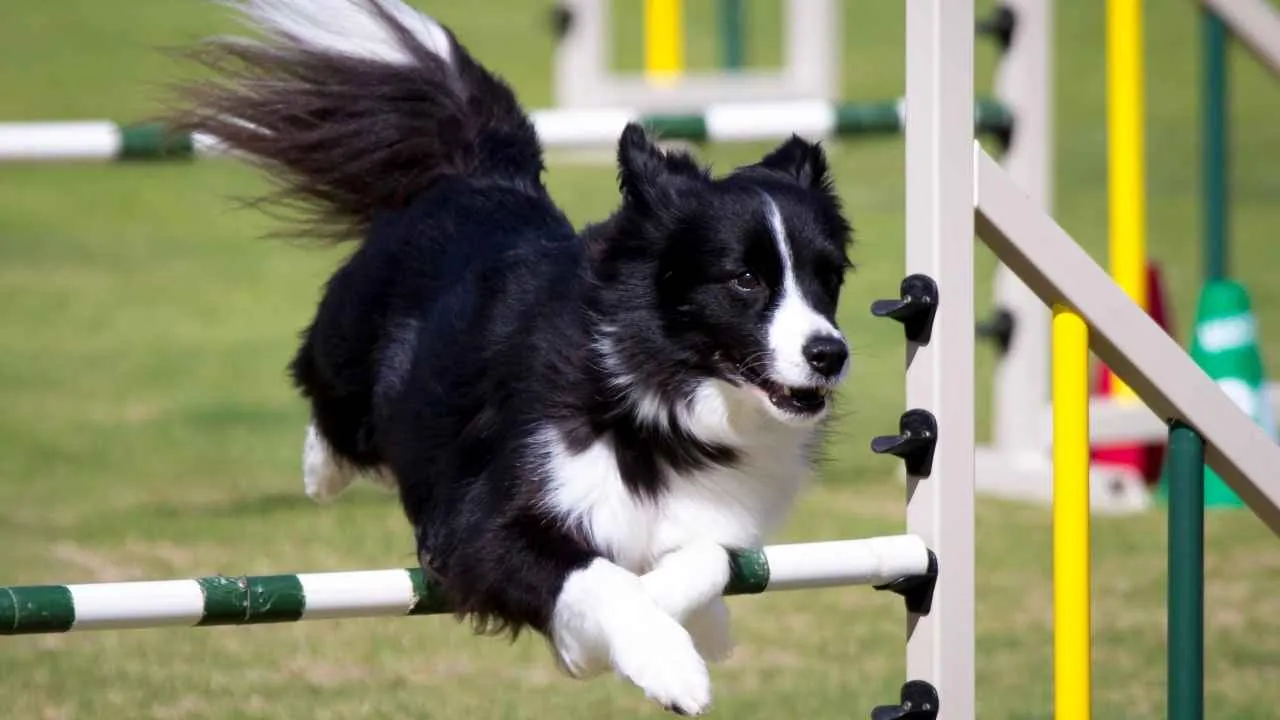
There’s no off-switch on Border Collie, they’re always thinking, always moving, always working. That relentless drive doesn’t just define them, it’s also what keeps them naturally lean and fit.
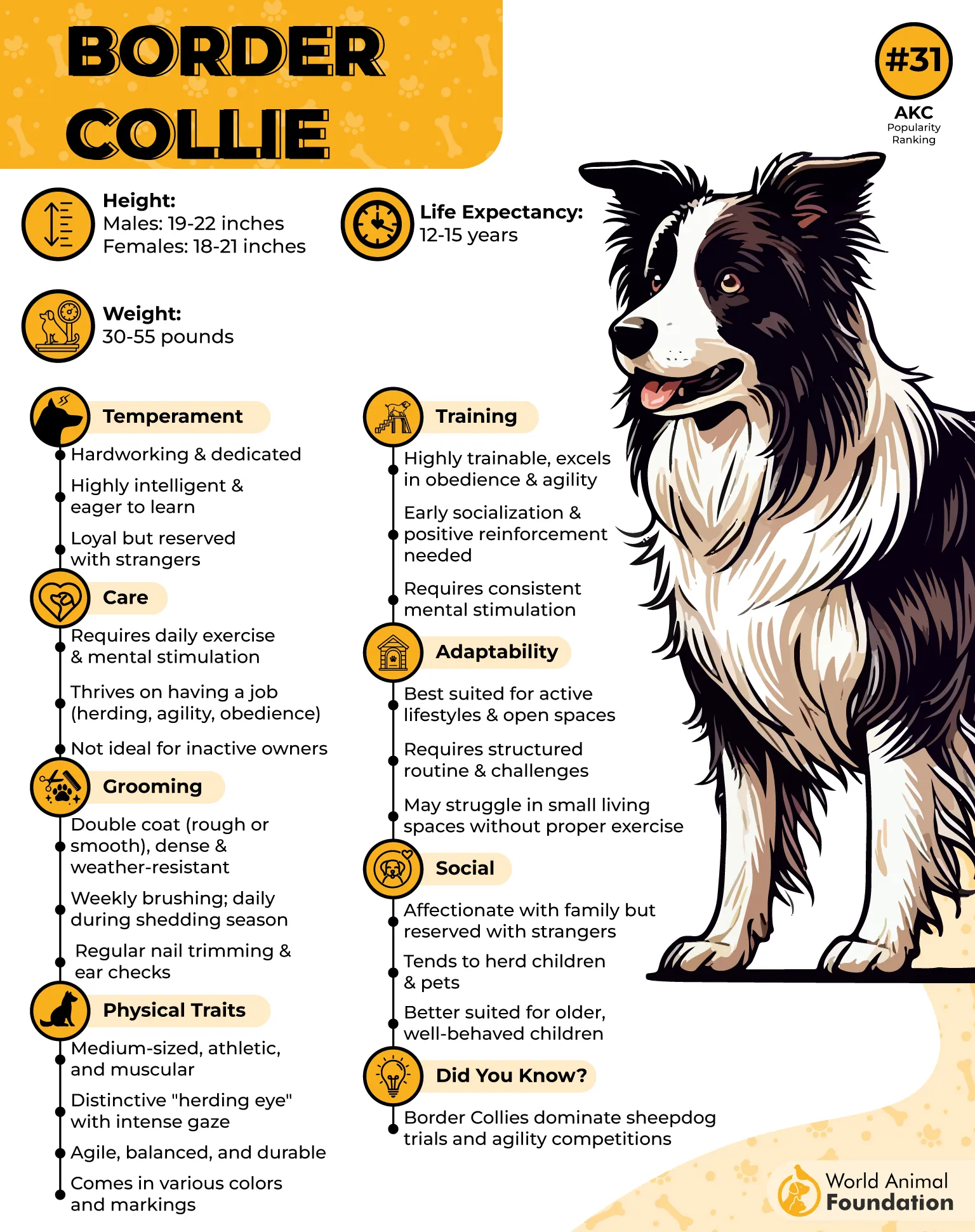
Herding Instincts That Never Quit
They were made to work, literally. Whether it’s herding sheep or solving puzzles, this dog doesn’t slow down. If they’re not physically engaged, they’ll invent their own form of entertainment, which may include dismantling your shoes. Weight gain is practically impossible when they’re kept busy. It’s still wise to watch treats, though.
General Health and High Output
As a breed, Border Collies are generally healthy, but eye issues and hip dysplasia can crop up. Keeping them mentally challenged reduces stress, which also supports their physical health.
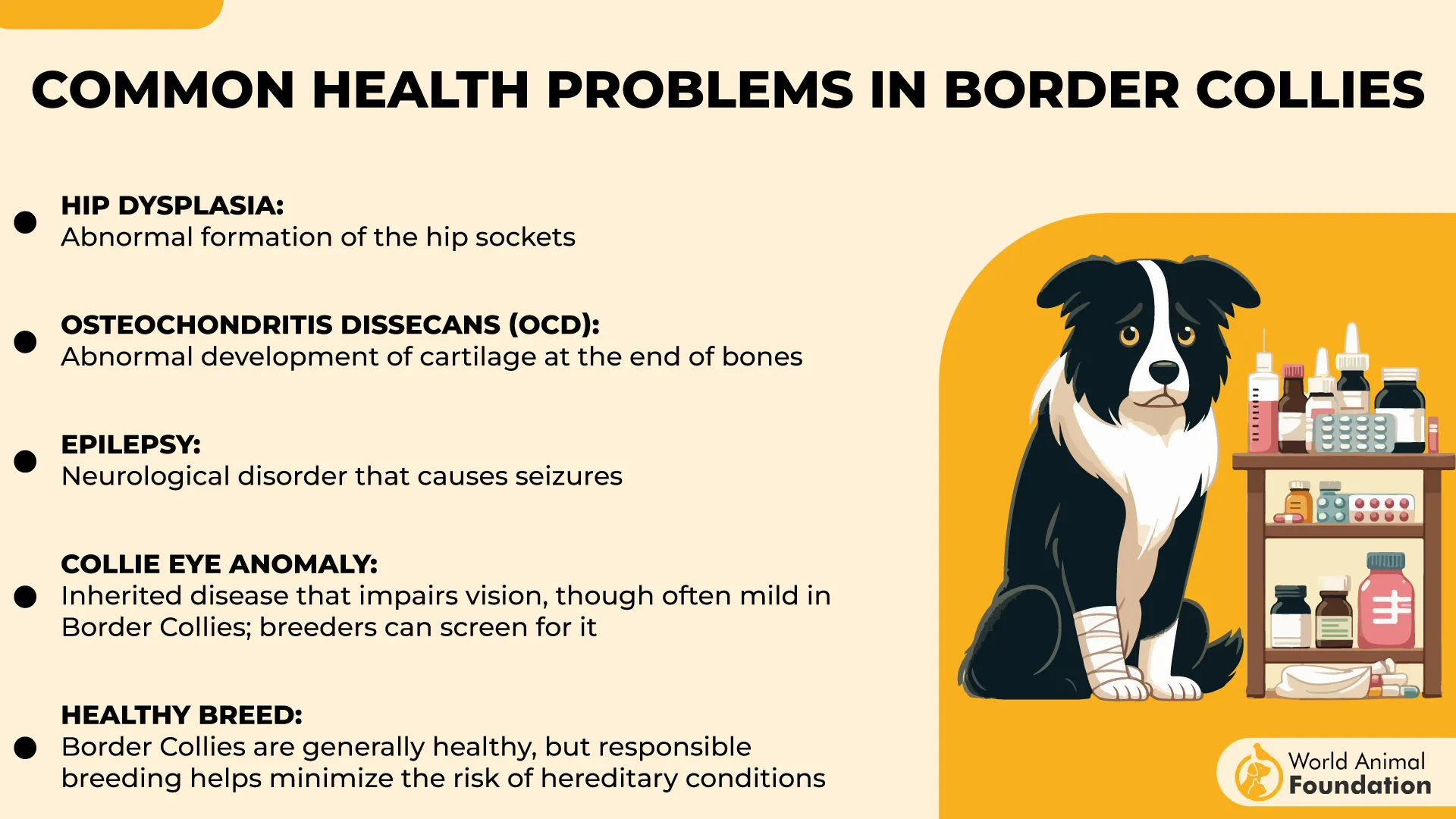
Their average lifespan is long, and obesity is rarely an issue for these clever, agile dogs. If you’re active, they’ll match and surpass your pace.
6. Chihuahua
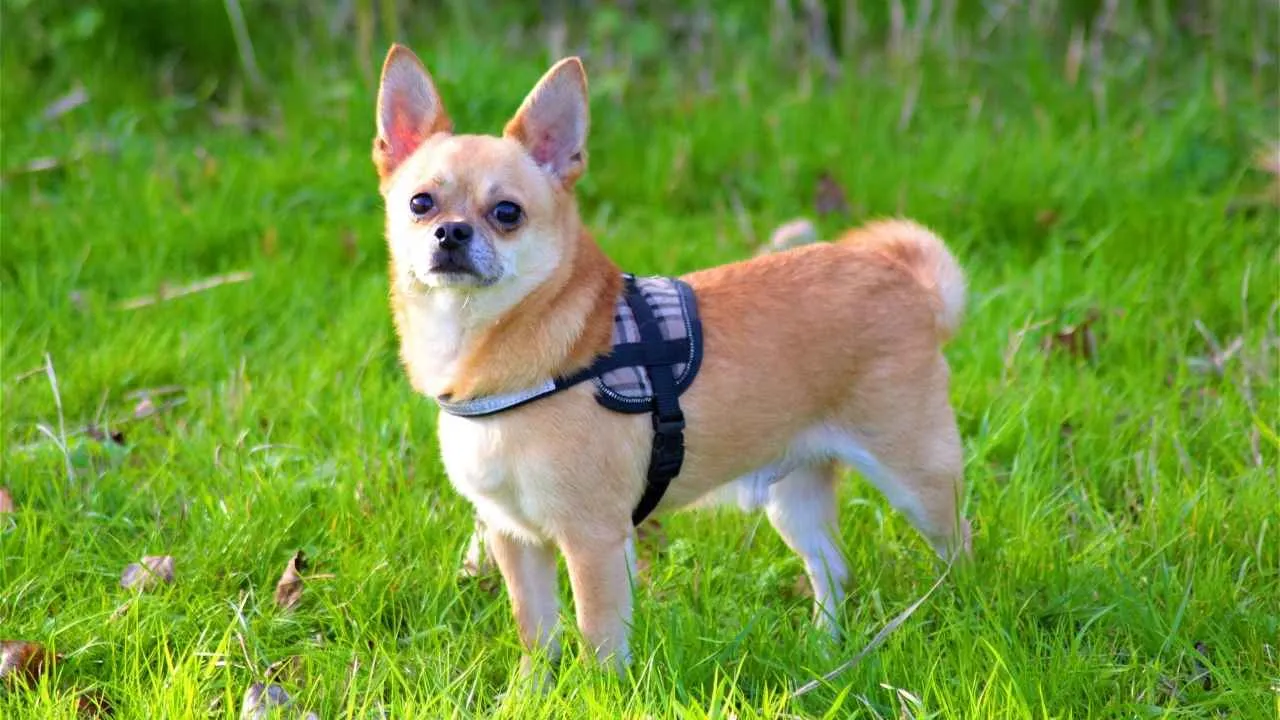
Don’t let the size fool you, Chihuahuas may be tiny, but they carry themselves like giants. Bold, alert, and endlessly spirited, they’re far more than just decorative lap warmers.
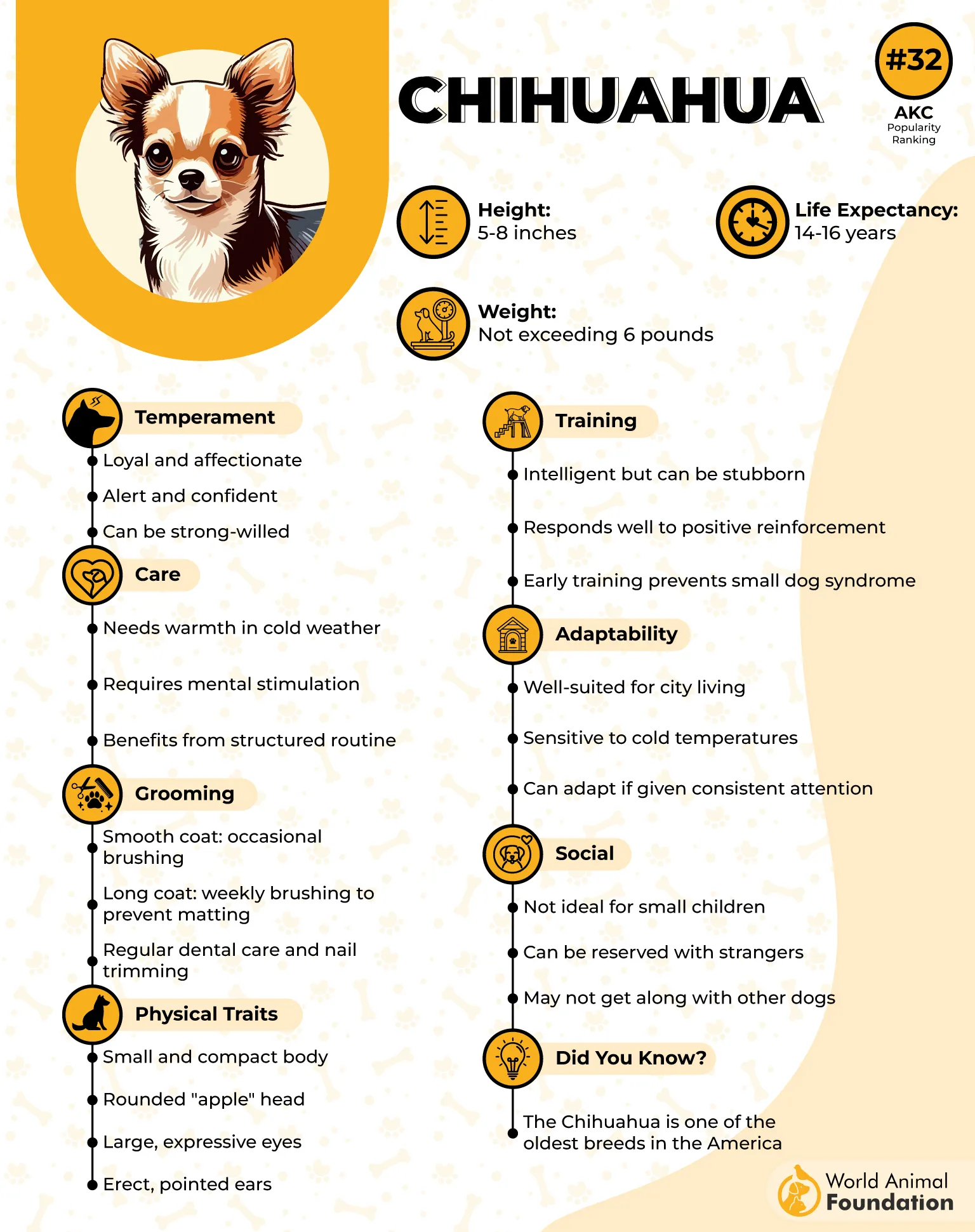
Small Frame, Big Energy
They move fast, react quicker, and often act like they’re ten times their weight class. While small dogs can sometimes be prone to gain weight, mostly due to overfeeding, Chihuahuas who get even mild daily exercise stay well within healthy weight ranges. Short bursts of play are plenty.
Lightweight and Long-Lived
Health issues can include dental trouble and luxating patellas, but obesity isn’t commonly one of them if owners aren’t overfeeding. They’re one of the longest-living dog breeds, and that lean frame contributes to it. A consistent routine, small controlled meals, and light activity are enough to keep their body condition in check.
7. Dachshund
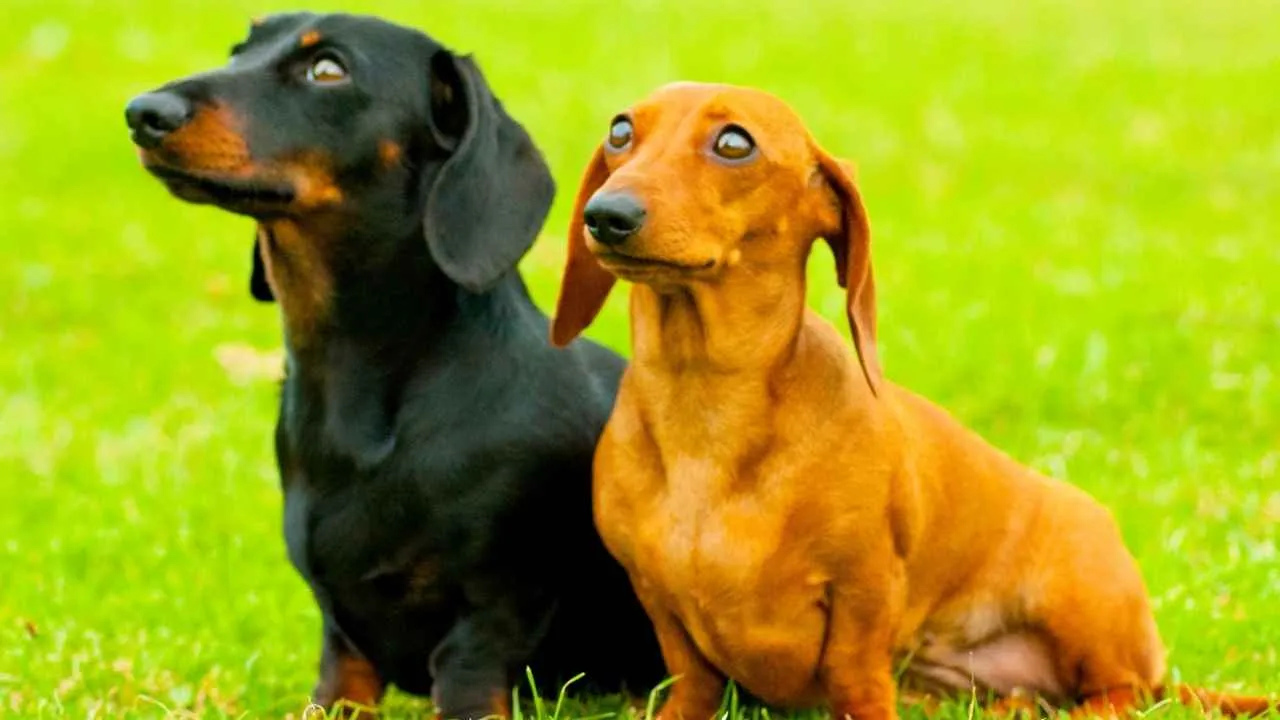
With their stretched-out bodies and unmistakable silhouette, Dachshunds are instantly recognizable. But behind that adorable shape is a dog that needs regular movement to stay healthy and lean.
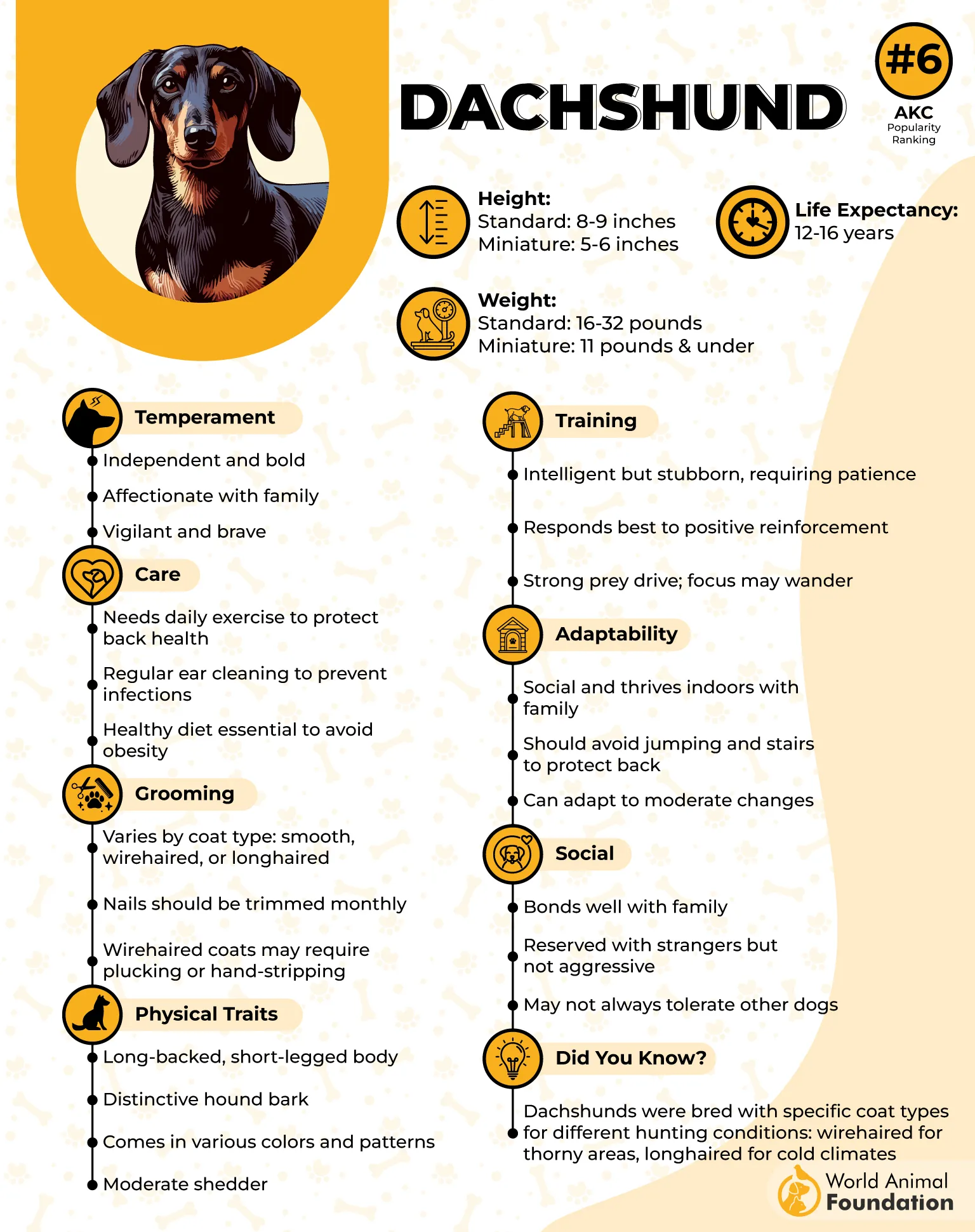
Short Legs, Steady Pace
Originally bred for hunting small game, Dachshunds are natural diggers and love to chase scents. Despite their odd shape, they’re surprisingly nimble. That said, their frame can’t handle extra weight well. Daily walks and more moderate play are essential, not optional.
Back Health Over Everything
Obesity in Dachshunds is particularly dangerous due to their risk of intervertebral disc disease (IVDD). That’s why it’s critical to monitor their food and activity levels.
With portion control, no stairs, and regular exercise, they stay in good shape well into older age. Mental engagement helps, too. These dogs are cleverer than most expect.
Conclusion
Keeping your dog at a healthy weight isn’t complicated, yet it can make a world of difference. Some breeds just make that job easier. They’re built for movement, fast, focused, always alert. From the nonstop hustle of a Border Collie to the quick-footed confidence of a Chihuahua, these dogs don’t just avoid obesity; they excel when given purpose and structure.
That said, even the most devoted pet parents know that breeds like Golden Retrievers and Labrador Retrievers, lovable as they are, gain weight fast if things slip. The dogs we’ve looked at here? They’re naturally inclined to stay lean. But don’t get too comfortable, routine still matters. Every dog benefits from consistency.
Start good habits early. Stick to measured meals. Don’t go overboard with treats, no matter how convincing the eyes. Mental engagement and daily movement both go a long way. And over time, the result speaks for itself: fewer health issues, stronger mobility, longer lifespan, and a happy dog curled up beside you, tail still wagging.


